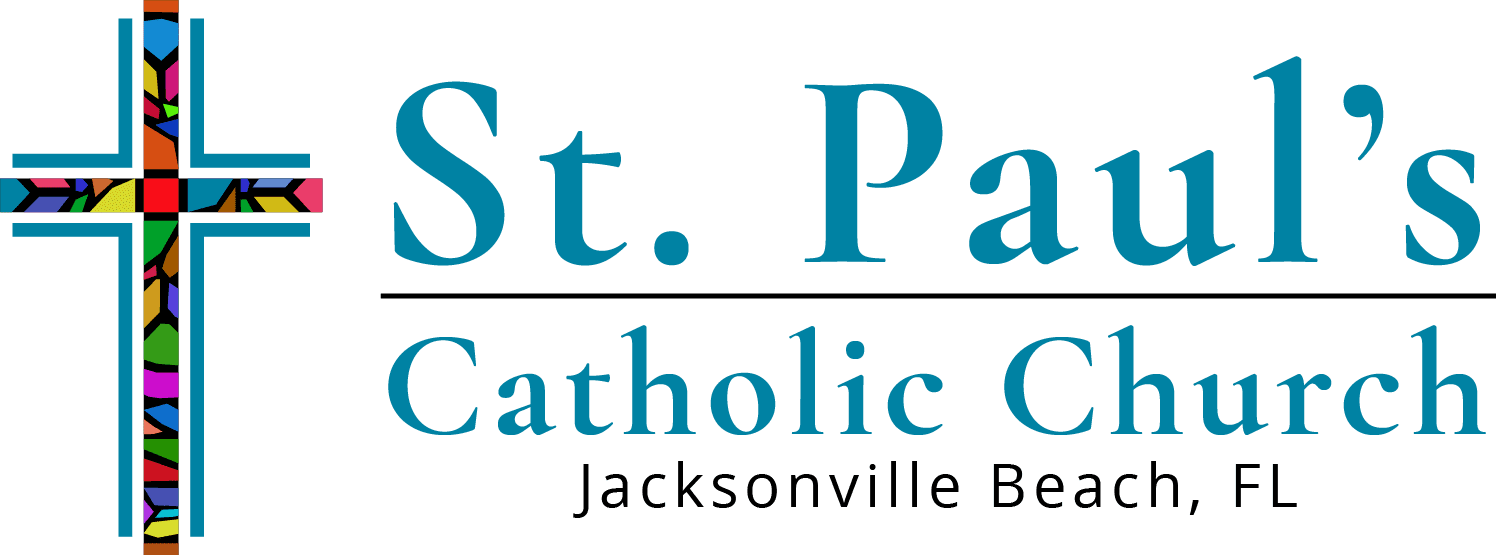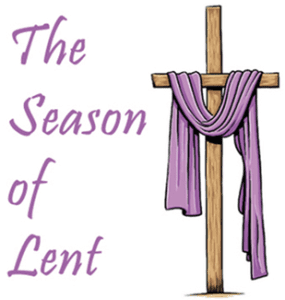CRUX: Lenten Meditations with Deacon Mike and MJ.
Tuesday evenings at 6:30 or Thursday afternoons at 3:30
Adoration in the Historic Church
Every Friday from 9:00 AM – 5:00 PM.
Stations of the Cross – Every Friday after 5:30 Mass
Meatless Soup Supper – Every Friday after Stations in the Family Life Center. A reminder that all Fridays of Lent are obligatory days of abstinence (no meat) for Catholics from age 14 until age 59.
Lent doesn’t require hours of extra time to be meaningful!
Give God your heart and he will transform it with his love.
Lent Questions and Answers: How can we explain our Lenten practice of fasting and abstaining from eating meat? Fasting is a biblical discipline that can be defended from both the Old and New Testament. Christ expected his disciples to fast (Mt 9:14-15) and issued instructions for how they should do so (Mt 6:16-18). Catholics follow this pattern by holding a partial fast on Ash Wednesday and Good Friday. Abstinence from certain foods is also a biblical discipline. In Daniel 10:2-3 we read, “In those days I, Daniel, was mourning for three weeks. I ate no delicacies, no meat or wine entered my mouth, nor did I anoint myself at all, for the full three weeks.” Catholics use a practice similar to Daniel’s when, as a way of commemorating Christ’s Crucifixion on a Friday, we abstain from eating meat on the day of that day of the week during Lent. The only kind of flesh we eat on Friday is fish, which is a symbol of Christ.
